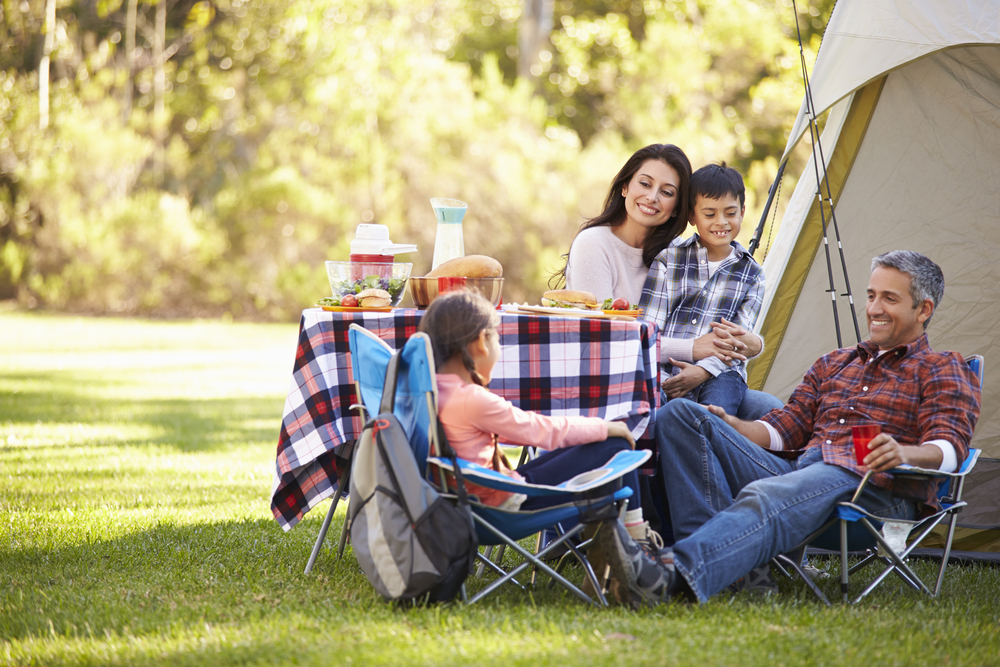
Many of us plan to spend some time this summer enjoying the great outdoors. Whether you’re hiking or camping (or both), be mindful of the environment – leave no waste behind when your trip is over.
It might surprise you to learn that even food scraps take a significant amount of time to decompose. For instance, a banana peel can take up to a month to decompose – in certain climates, a few orange peels could take years to vanish. Every bit of trash left behind builds up as more and more people visit an area.
Traces from a hike through the wilderness, tossing paper napkins, food scraps, and cold cigarette butts will probably be gone in a few years so many people don’t consider such garbage to be a long-term impact on the environment. This type of littering is a great social problem that ruins the experience for other visitors and it runs the risk of habituating animals searching for food.
By repackaging food into reusable containers before leaving home, the amount of potential trash can be nearly eliminated. Storing food in heavy-duty zip-loc bags reduces weight and waste and makes the packing more flexible. Packing all food for a meal into one container cuts down on confusion when figuring out what to unpack for dinner. Reduce your plastic waste by using refrigerator water filters and using your own reusable water bottles.
Dispose of Food and Trash: Pack out all garbage. Food does not burn completely in a campfire. Animals dig up buried food. Handle food carefully to eliminate dropped bits. Sunflower seeds, rice, Ramen noodles, bread crumbs are commonly dropped when a package is opened. Use a knife to carefully open a package inside a large plastic bag or over the cooking pot. If it isn’t dropped, it doesn’t need to be picked up. Only open and prepare food that will be eaten. Eliminate leftovers to prevent waste and reduce the garbage being carried out. Remember, uneaten food gets packed out too. Burn no trash – paper, aluminum, cardboard wrappers, and any packaging will not burn completely.Burning it will release contaminants into the air and soil. Tin foil, bottle caps, pop-tart wrappers and melted plastic are commonly found in firepits.
Dishes and Dishwater: Scrape all food out of dishes and either eat it or store it to pack out. There are very useful small plastic pot scrapers that get nearly everything off a pot or dish. Wash dishes with hot water and a scrubbie, at least 200 feet from your campsite, trail, and water sources. Soap is not really needed for most cleaning. If you must use some, use a bit of biodegradable camp soap. Strain the dish water through a fine mesh screen or panty hose and into a container. The panty hose catches all but the tiniest of food bits and you can then pack them out in the garbage. The resulting water is called ‘grey water’ and should be disposed of by broadcasting it over a wide area. That means throwing the water out in an arc to disperse it as much as possible. This helps it evaporate faster and reduces the attraction for animals.
Like Woodsy the Owl once said, “Give a hoot — don’t pollute!”